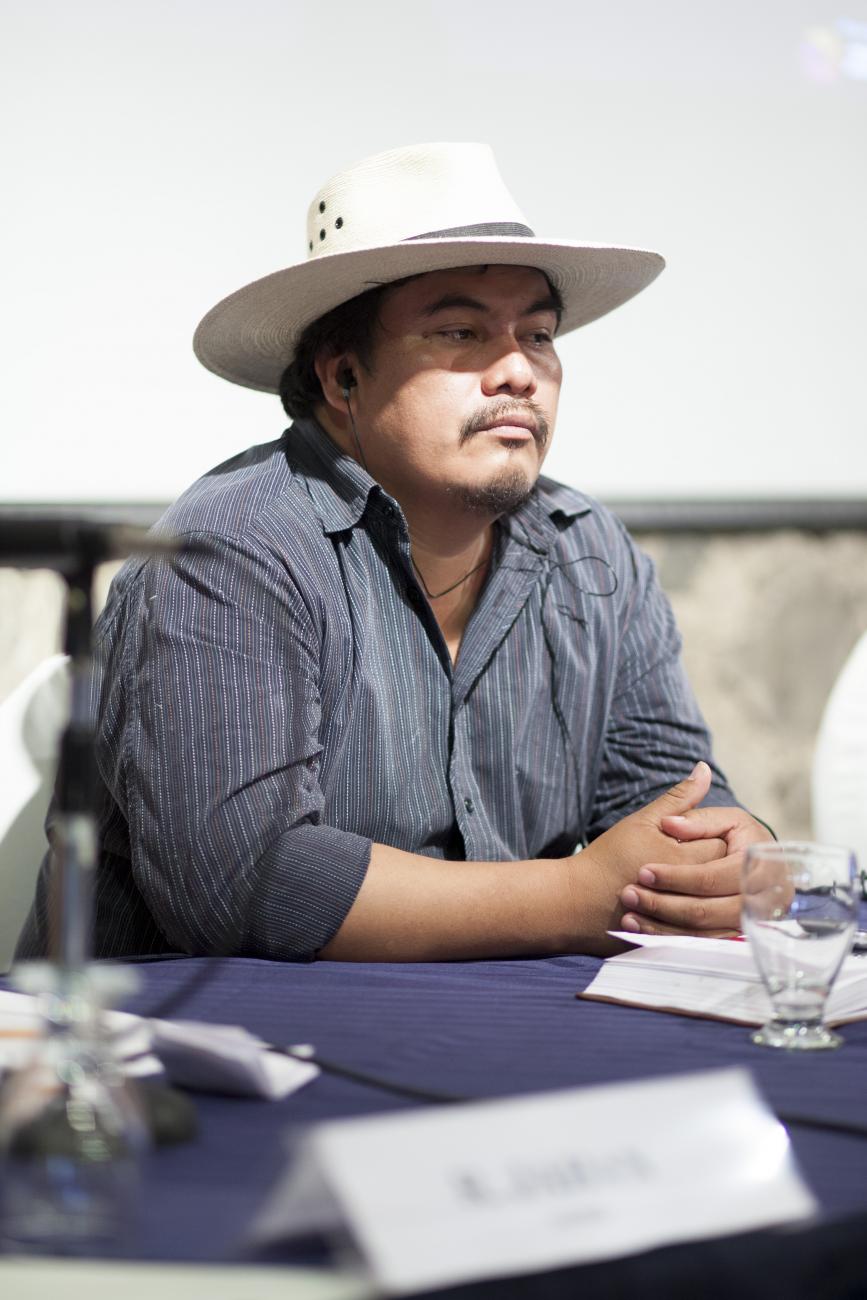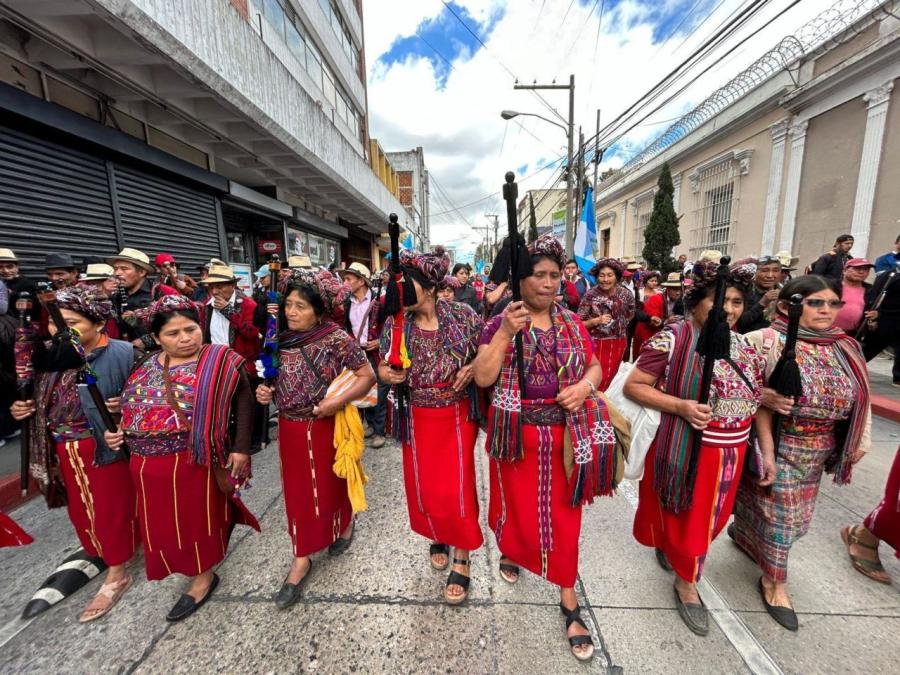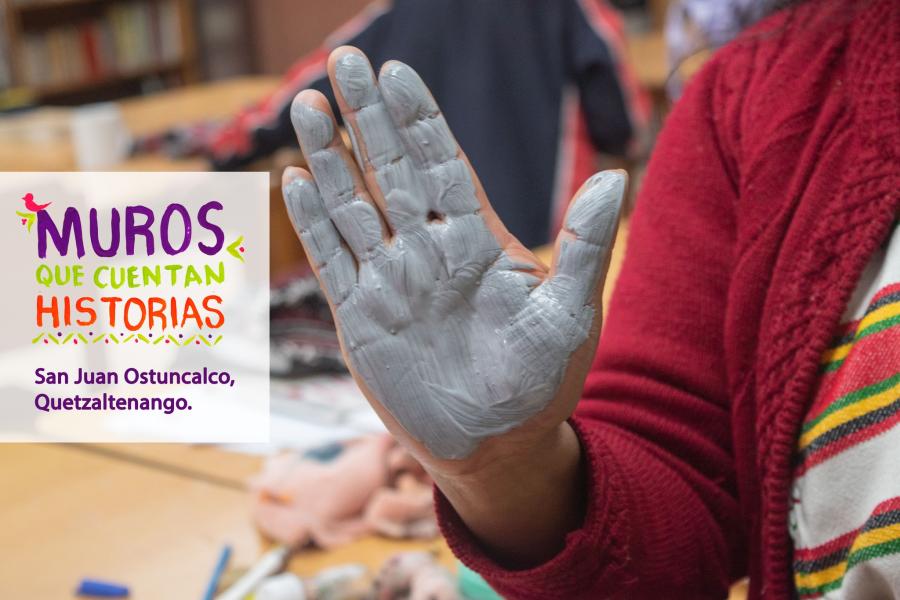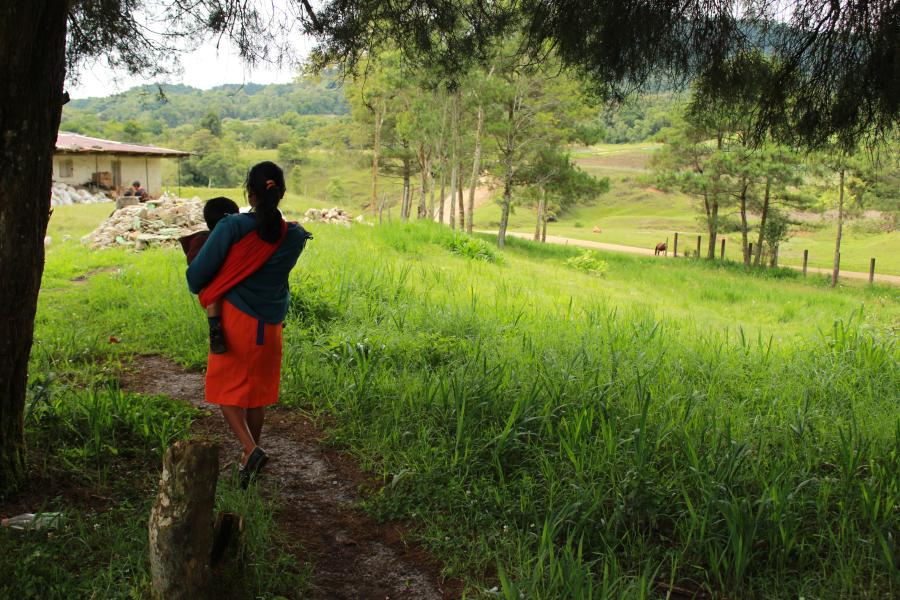
Daniel Pascual is a 42-year-old Quiche defender of Indigenous rights, a well known activist and the current president of the Comite de Unidad Campesina (CUC). Daniel Pascual recently appeared at the Constitutional Court of Guatemala to hear the complaint filed by the president of the Foundation Against Terrorism, Ricardo Méndez Ruiz, accusing him of libel, slander and defamation.
Daniel Pascual began his work for the betterment of Indigenous and non-Indigenous communities at the young age of 13. His work includes working for the fulfillment of the Peace Accords; developing Food and Nutrition Security programs; creating a bill of integrated Rural Development and many others. He has also participated in various activities with the Food and Agriculture Organization (FAO) and the United Nations, concerning the concentration of land and the rights of farmers. Pascual stated during his hearing, “ I consider myself a defender of human rights, and we are all aware that there are a constant violations of economic, cultural, social, and environmental issues in our country. In this sense I am firmly convinced that the Universal Declaration of Human Rights of the United Nations recognizes the freedom of expression as a universal right of every person, likewise this is recognized by Article 35 of the Republic of Guatemala. Therefore I’ve done nothing more than exercise this right over the past 20 years.”
Daniel Pascual has been a key supporter of the community radio movement in Guatemala as well. He has participated in several community radio workshops speaking of the political scene in Guatemala. In 2012 he also participated in the coalition of indigenous organizations march that demanded a dialogue on concrete legislative actions, a demand that was answered with a congressional resolution. Among these demands was the right to free expression and the legalization of community radios. Pascual also spoke in front of Congress demanding equal treatment of indigenous community media in support of the community radio fight. His support to the community radio movement has been immeasurable.
The accusations made against him arose after he made public his concerns with the recent attacks against the CUC and its leaders. Pascual stated that these concerns came with the various accusations made public by the Foundation Against Terrorism directed by its leader, Ricardo Mendez Ruiz. It was by this statement that Mendez Ruiz filed a complaint that was upheld by the XII Criminal Court of Drug Trafficking and Environmental Crimes, which also appointed a date and time for the conciliation hearing. This decision was challenged by the legal representatives of CUC, noting that a criminal court is not competent in dealing with this case, which is concerned with the right to freedom of expression. They also noted that according to the Constitutional Law of Thought, a case like this should be dealt in a Printing Court. The petition was denied by the same Criminal Court arguing that Article 35 of the Constitution does not apply to Daniel Pascual because he is not a journalist.
Article 35 in the Guatemalan Constitution provides and protects its citizens right of free expression. It is troubling that the court argues that only journalists can exercise the right stated by Article 35 of the Magna Carta because this violates the right to equality stated by Article 4 of the Constitution. Human rights organizations and activist are concerned that if this case is won, it wouldn't just be a lost to CUC but to the safety and freedom of all Guatemalans.



